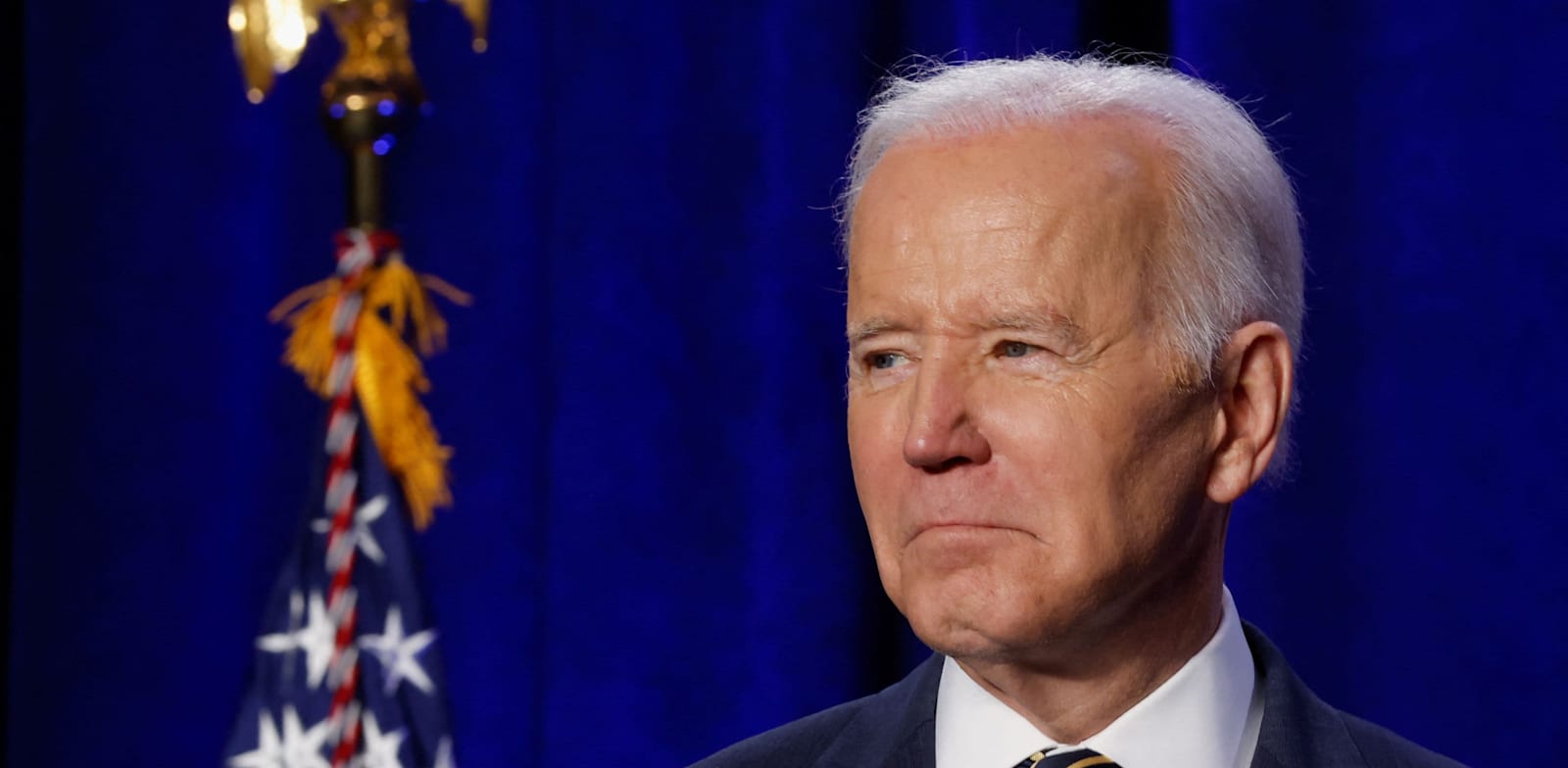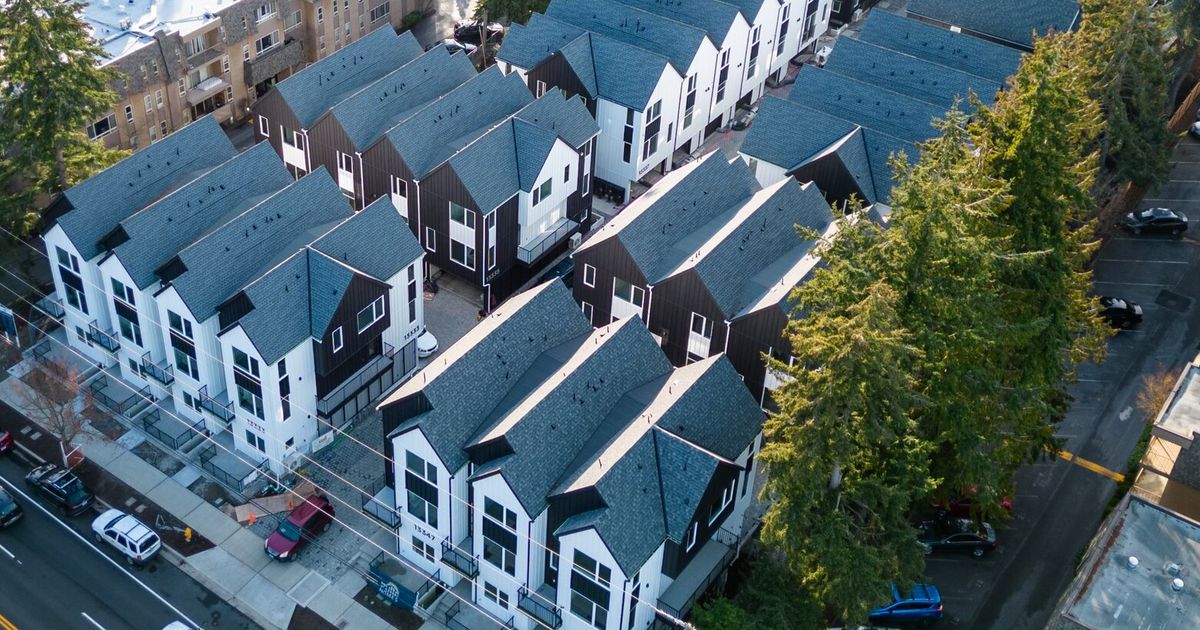The judgment will come more than eight years after the airliner traveling from Amsterdam to Kuala Lumpur was shot down over eastern Ukraine on July 17, 2014, during a conflict between pro-Russia separatists and Ukrainian forces.
A painstaking international investigation established that a Buk missile fired from a launcher that was trucked into Ukrainian rebel-held territory from a Russian military base and then driven back to Russia caused flight MH17 to explode and crash.
Investigators say it came from the 53rd Anti-Aircraft Missile Brigade, a unit of the Russian armed forces based in the Russian city of Kursk.
During the trial, prosecutors led judges through thousands of pages of evidence to support their case, including pieces of metal recovered from the bodies of victims, tapped phone conversations and extensive social media posts and other open-source data to track the movements of the Buk system before and after MH17 was destroyed.
They have demanded life sentences for all four suspects, the highest possible punishment under Dutch law.
Moscow and defense lawyers for one of the suspects have repeatedly cast doubt on the findings and steadfastly denied any involvement in the downing of MH17.
The trial is culminating amid geopolitical shockwaves from Russia’s nearly nine-month invasion of Ukraine. In late September, Moscow illegally annexed parts of eastern Ukraine, including where the wreckage of MH17 landed in 2014.
Some families of the people who died anticipated Thursday’s scheduled verdict for what the court might say about any role Russia played in bringing down MH17. None of the four defendants is accused of firing the missile that blew up the Boeing 777 in midair and none of whom appeared in the Netherlands for trial.
Piet Ploeg, who lost his brother Alex, Alex’s wife, Edith, and their son Robert as they flew to a vacation on the Indonesian island of Bali, said earlier this week that “Russia isn’t standing trial, but effectively it is standing trial.”
He said it is as important to him that “the court says something about the role of Russia” as well as about the role of the four suspects.
The only one of the suspects represented by lawyers during the trial, Oleg Pulatov, has insisted he is innocent. His lawyers accused prosecutors of “tunnel vision” in basing their case on the findings of the international investigation while ignoring other possible causes.
They suggested alternative possibilities, including that Ukrainian forces accidentally shot down the plane using a Buk missile. Pulatov’s defense team also sought to discredit evidence and argued he didn’t get a fair trial.
“What matters to me is that the truth is revealed. It’s important for me that my country is not blamed for this tragedy,” Pulatov said in a video message to judges in June as the presentation of evidence wrapped up.
The other three suspects are Russians Igor Girkin and Sergey Dubinskiy, and pro-Russia Ukrainian rebel Leonid Kharchenko. All four were charged with murdering all those on board for their alleged involvement in the tragedy, including the transport of the missile system in and out of Ukraine.
Even if convicted, it is unlikely they would serve any prison sentence any time soon.
Hundreds of family members from several countries around the world are expected at the court near Amsterdam’s Schiphol Airport for the reading of the verdict Thursday afternoon.
“I hope the moment that they can start finding peace will be near,” Ploeg said.
















